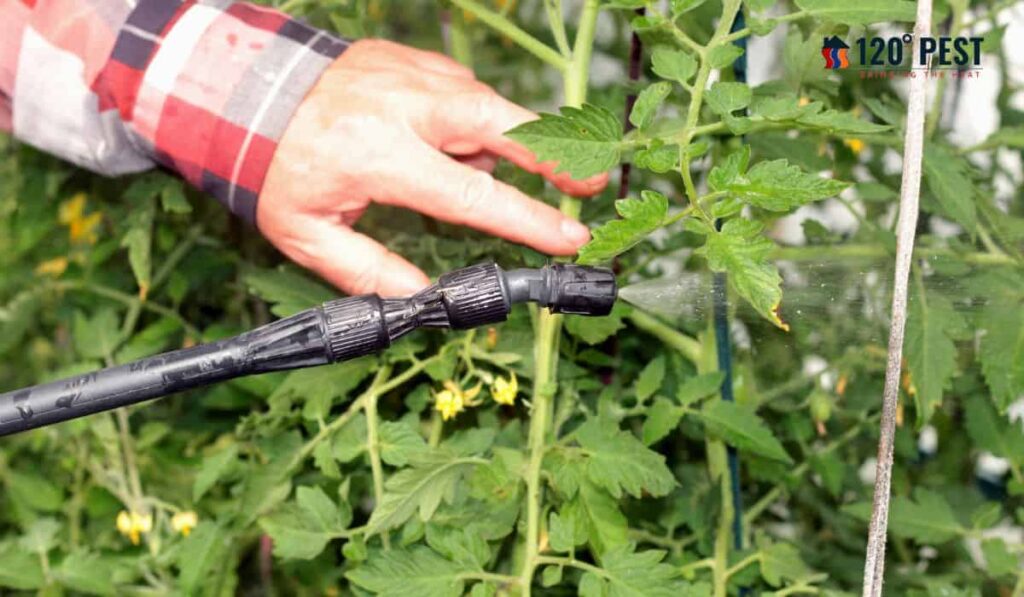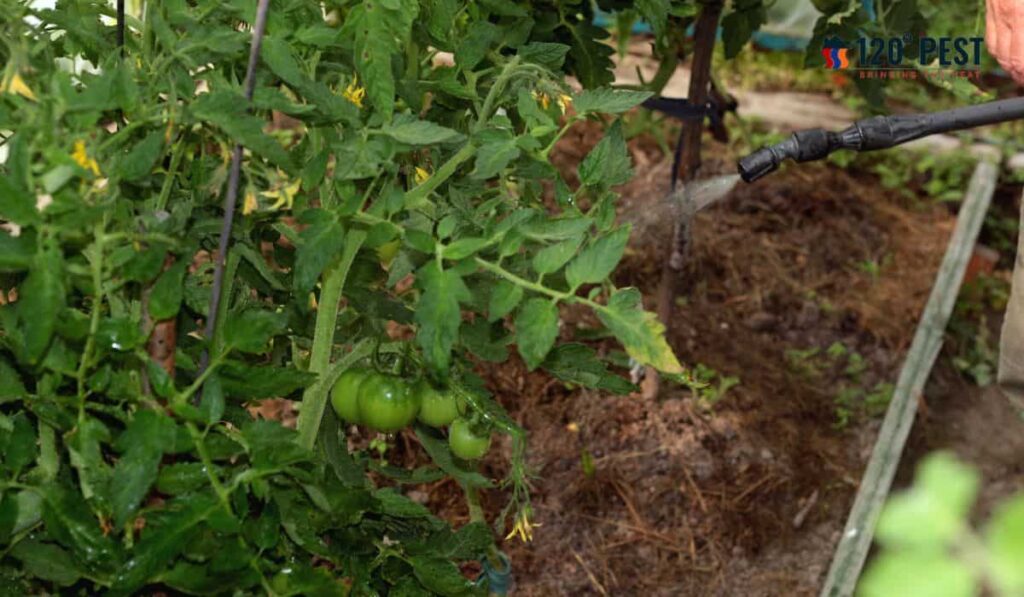In today’s world, where sustainability and eco-friendliness are buzzwords, maintaining a thriving garden while keeping pests at bay is a top priority for many.
In this article, we’ll explore the fascinating world of natural pest control methods for gardens.
Say goodbye to harmful chemicals and embrace a greener, more environmentally friendly way to protect your plants.
Why Choose Natural Pest Control?
Before delving into the specifics, let’s understand why natural pest control methods are gaining popularity among garden enthusiasts.
1. Healthier for You and the Environment
Traditional pesticides can have detrimental effects on human health and the ecosystem.
Choosing natural alternatives ensures a safer and more sustainable approach.
2. Preserving Beneficial Insects
Natural methods target only harmful pests, allowing beneficial insects like ladybugs and bees to thrive, maintaining a balanced ecosystem.
Identifying Common Garden Pests
To effectively combat garden pests, it’s essential to recognize the enemy.
Here are some common troublemakers:
1. Aphids
Aphids are tiny, sap-sucking insects that can quickly infest your plants, causing wilting and deformities.
2. Slugs and Snails
These slimy critters feast on leaves and can be particularly destructive in wet weather.
Natural Pest Control Methods

Now that we know our adversaries let’s explore natural pest control methods:
1. Neem Oil
Neem oil is a potent natural pesticide that disrupts pests’ hormonal systems, preventing them from feeding and breeding.
2. Companion Planting
Planting certain herbs and flowers alongside your vegetables can deter pests.
For example, marigolds can help repel aphids.
3. Homemade Insecticidal Soap
Mixing mild soap with water and spraying it on your plants can effectively eliminate soft-bodied insects like aphids and mealybugs.
Creating a Pest-Friendly Garden
Prevention is key in natural pest control.
Let’s discuss some proactive measures:
1. Healthy Soil
Start with healthy soil. Nutrient-rich soil can make your plants less susceptible to pests.
2. Crop Rotation
Rotate your crops annually to disrupt the life cycle of garden pests.
The Role of Beneficial Insects
Encouraging the presence of beneficial insects in your garden can be a game-changer.
1. Ladybugs
These charming beetles are voracious aphid-eaters.
Attract them by planting nectar-producing flowers.
2. Praying Mantises
Praying mantises are stealthy hunters, preying on a variety of garden pests.
Conclusion
Incorporating natural pest control methods into your gardening routine not only helps protect your plants but also contributes to a healthier environment.
Say goodbye to harmful chemicals and embrace a greener way of gardening.
FAQs
Are natural pest control methods as effective as chemical pesticides?
Yes, when applied correctly, natural pest control methods can be just as effective in managing garden pests without harming the environment.
Can I use multiple natural pest control methods together?
Certainly! Combining methods like companion planting and beneficial insect attraction can create a formidable defense against garden pests.
Are natural pest control methods safe for pets and children?
Most natural pest control methods are safe for pets and children since they don’t contain harmful chemicals. However, it’s essential to read labels and use them according to instructions.
How often should I apply natural pest control methods?

The frequency of application depends on the method used and the severity of the pest problem. Follow specific guidelines for each method.
Can I buy natural pest control products or should I make them at home?
You can find natural pest control products at garden centers, but many can also be made at home using simple ingredients. Making them at home can be cost-effective and customizable to your needs.
How do I attract beneficial birds to my garden for pest control?
To attract birds that help control garden pests, provide bird feeders and nesting boxes, as well as plants that produce berries or seeds. Avoid using chemical pesticides, as they can harm the birds you want to attract.
What are some natural ways to control larger garden pests like deer and rabbits?
To deter larger pests, consider using physical barriers like fences, netting, or motion-activated sprinklers. Planting deer-resistant plants and using natural repellents like garlic spray can also help.
Are there any natural solutions to control fungal diseases in the garden?
Yes, several natural remedies can help control fungal diseases. Neem oil, baking soda, and copper-based sprays are effective against many common fungal issues. Proper plant spacing and watering practices also reduce the risk of fungal diseases.
Can I use essential oils for natural pest control in my garden?
Yes, essential oils like peppermint, lavender, and rosemary can be diluted and sprayed on plants to repel pests. They also add a pleasant aroma to your garden. Ensure you use them in moderation to avoid overwhelming beneficial insects.
What should I do if natural pest control methods aren’t working?
If natural methods aren’t entirely effective, consider consulting a local gardening expert or extension service for tailored advice. In some cases, a combination of natural and minimal chemical intervention may be necessary to address severe infestations.





I don’t think the title of your article matches the content lol. Just kidding, mainly because I had some doubts after reading the article.